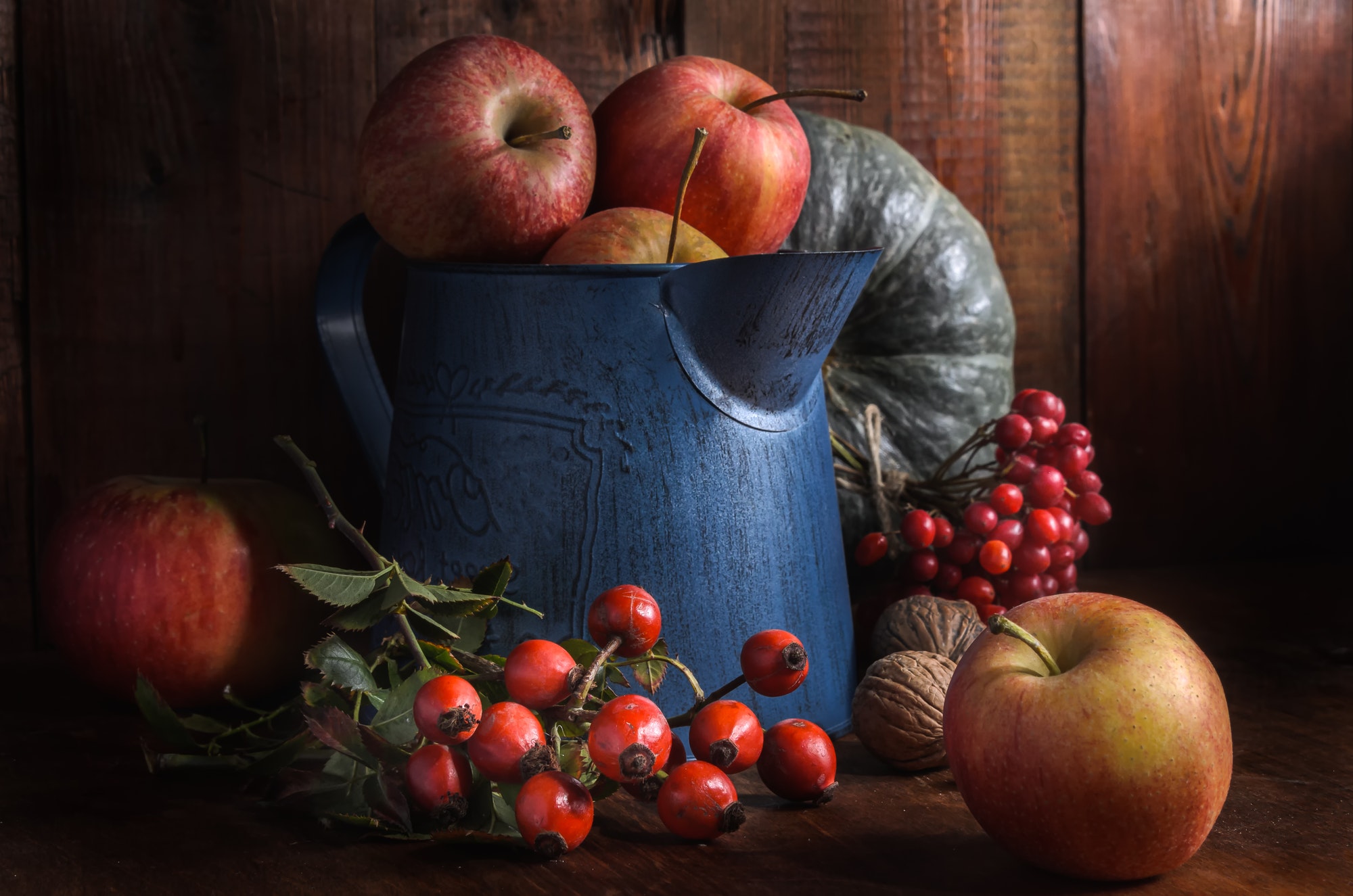While dogs and cats have become the most popular pets in the world, there are many other kinds of animals that can also be kept as pets. Historically, pets have served practical purposes, such as serving as hunting partners for humans. Other animals commonly kept as pets include cats, gerbils, hamsters, and rats, as well as chinchillas. Depending on the type of animal, they may serve as pets or guards, or both.
If you are a plant lover, a garden will provide an opportunity to get fresh food for your pet. Gardening will allow you to pick the food you need without having to worry about it traveling a long distance to the grocery store. You can choose from many different kinds of plants for your garden, but make sure to consider which ones are safe for pets to eat. Once you’ve chosen a few plants that will survive in your pet-friendly landscape, you can start planting.
You can train your pet to help you with tasks around the yard. Some pets are trained to fetch garden tools, while others can dig in designated spots. Pets can also be trained to keep away unwanted visitors. In addition, a pet can provide companionship when you’re working in the garden. They can help you with your gardening tasks as well as provide a great way to enjoy the outdoors. Just be sure to train your pets to respect your plants and not mess them up!
The best way to keep your garden safe from pets is to use raised beds or containers instead of the traditional soil or terracotta. By using raised beds or containers, you can keep pets away from certain areas of your garden without sacrificing the aesthetic appeal. Moreover, if you’ve a compost pile, you can keep your pets from harming it. You can also keep pets away from toxic plants or areas of the garden by placing thorny plants.
However, if your pet accidentally ate something from your garden, take action immediately. It may be a dangerous plant or a poisonous one. In such situations, make sure that you call your veterinarian or the ASPCA poison hotline. Always keep pet first aid supplies nearby. If your pet ate something from the garden, you can mix three percent of hydrogen peroxide in a glass of water to induce vomiting. But you should always consult a vet before using any medicine or mixing it with water.
Another plant that can be toxic to pets is aloe vera. It is toxic to cats and can lead to kidney failure. Other toxic plants include daffodils, tulips, hyacinths, irises, and spring crocuses. Cyclamen and ivy are also toxic to pets, as they can cause skin rashes and low blood pressure. These plants can also cause dermatitis and other serious symptoms.

